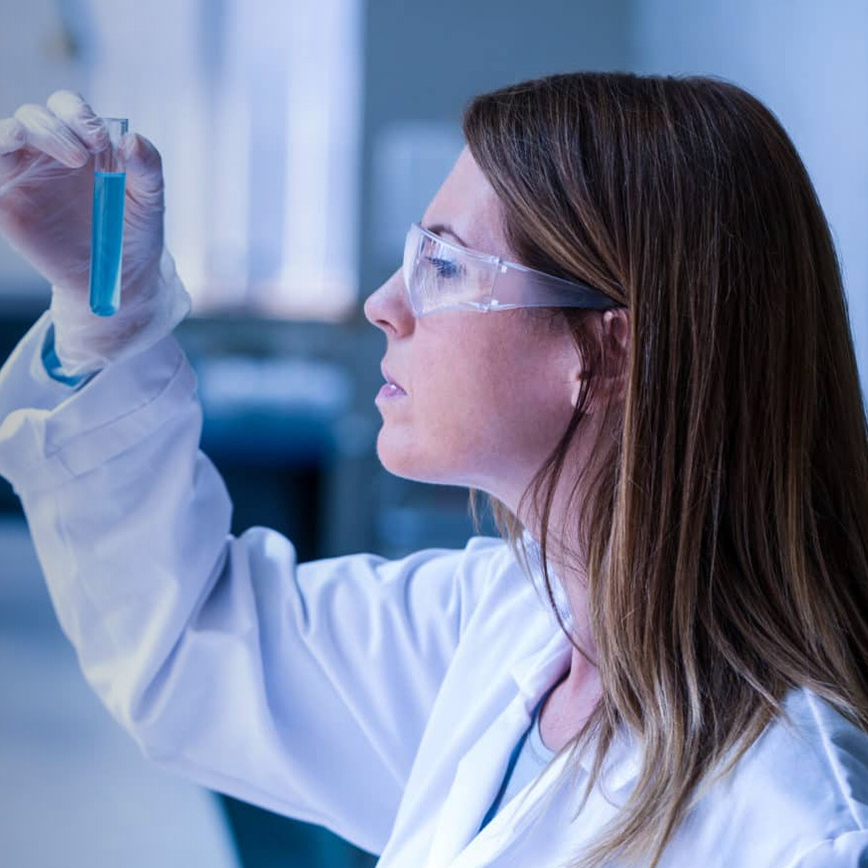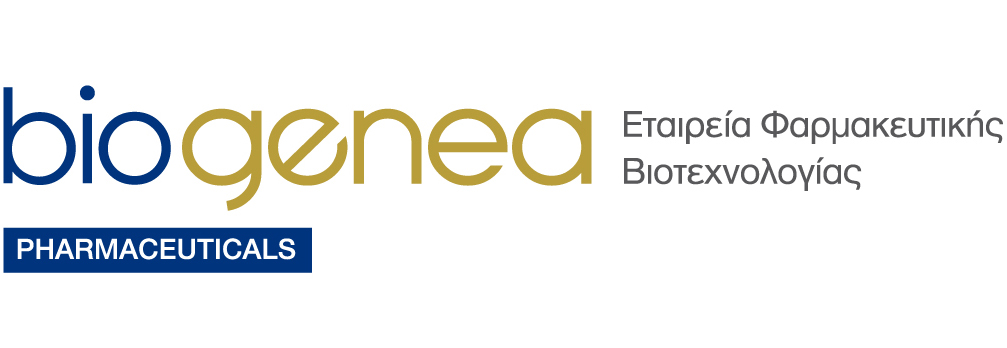
Familial storage of umbilical cord blood stem cells
Biogenea pharmaceuticals is the first and largest Greek pharmaceutical biotechnology company active in the innovative field of preventive storage of stem cells of the umbilical cord.
Biogenea pharmaceuticals focuses on the following areas:
- In the collection, processing and cryopreservation of stem cells from the blood and the body of the umbilical cord for exclusively autologous use.
- In the production of cellular therapeutic solutions for human use.
- In the provision of certified cellular and genetic analyses.

The umbilical cord blood is collected from the umbilical vein.
The taking occurs immediately after labor and after the new born is cut off from it. The collection of blood does not burden the labor process at all. The collection is done by the OB and the method is the same in both normal delivery and caesarean section. The blood is transported in a special package that protects the content from radiation and mechanical damage. With special thermostatic gels the temperature is kept constant until the transfer to the laboratory.
The sample is identified by a unique code. Processing begins upon receipt of the sample in the laboratory. The fraction of the blood that contains the stem cells gets isolated. Laboratory areas are of graded purity.The most important steps are done in accredited “clean laboratories” (cleanroom class A / B), in accordance with EU directives.
Quality control: General blood test in an automatic hematological analyzer. Flow cytometry, for the calculation of the number of stem cells.
Bacterial control: Liquid culture under aerobic and anaerobic conditions, in BioMérieux’s automatic BacΤ / ALERT system. In a positive sample, the strain is identified and an antibiography is given.
Serological test: Performed on the most modern immunological analyzer Architect i1000SR
Detection of Australian antigen (HBsAg), nuclear antibody (anti-HBc) to hepatitis B, as well as antibodies to hepatitis C, AIDS virus, toxoplasma, syphilis, HTLV and cytomegalovirus CMV. In a possitive sample a Real Time PCR molecular test is performed to confirm or reject sample seropositivity. The seropositive samples are discarded.
The ISHAGE guidelines for CD34+ cell determinationby flow cytometry. International Society of Hematotherapy and Graft Engineering. Sutherland DR et.al., J Hematother 1996, 5: 213-226.
A minimum amount of sample is frozen and thawed separately to test stem cells viability. Thawing does not affect in any way the main quantity of the specimen. This procedure certifies that viability is not affected during cryopreservation.Viability is tested with Promega’s automatic Glomax system (the first and only one in Greece so far).
Adherent cells generated during long-term culture of human umbilical cord blood CD34+ cells have characteristics of endothelial cells and beneficial effect on blood ex vivo expansion. Yoo E et.al., Stem Cells 21Q 228-235, 2003 Evaluation of Assay and Workflow Performance of the Analyser
Adherent cells generated during long-term culture of human umbilical cord blood CD34+ cells have characteristics of endothelial cells and beneficial effect on blood ex vivo expansion. Yoo E et.al., Stem Cells 21Q 228-235, 2003 Evaluation of Assay and Workflow Performance of the Analyser
Diseases treated with the use of stem cells
Since 1988, umbilical cord blood has been used to treat serious diseases. However, stem cell research is such that the number of diseases and injuries that can be treated with their use is constantly increasing.

